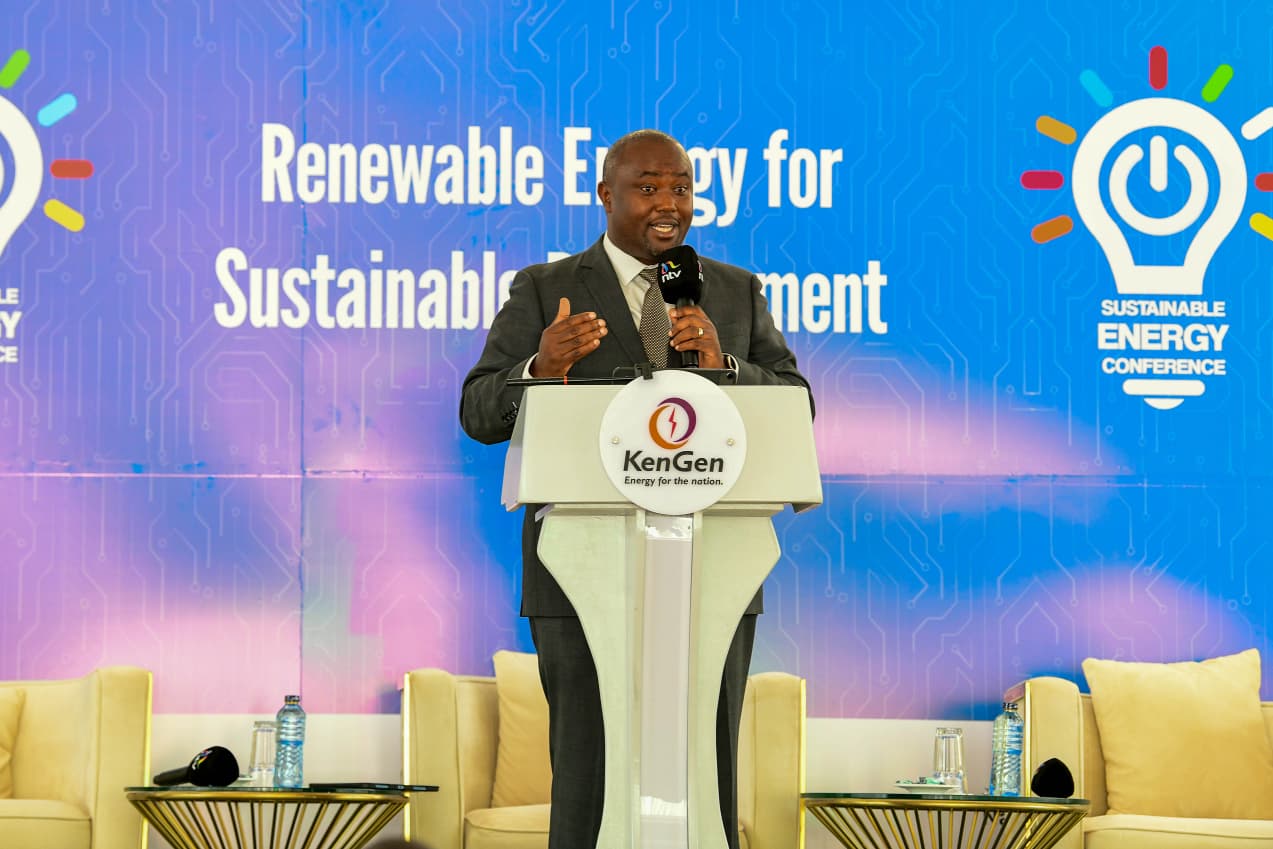CBK projects cheaper fuel in 2025 will ease burden on businesses, households

Transport costs could reduce significantly, benefitting public service vehicles, ride-hailing services, and private motorists.
The Central Bank of Kenya (CBK) has projected a drop in fuel prices in 2025, signalling potential relief for motorists, businesses, and households. CBK says the anticipated decrease follows global trends, with rising oil production expected to drive down costs in international and local markets.
CBK Governor Kamau Thugge has attributed the expected decline to an increase in global oil production, particularly from non-OPEC producers, alongside adjustments in production quotas by OPEC+ member states.
More To Read
- Electricity consumption surges, pushing Kenya’s grid to record levels
- Bill seeks to mandate outage plans to prevent Kenya’s costly blackouts
- Saccos outpace banks with affordable loans, but face liquidity challenges - Sasra
- Petrol, diesel and kerosene pump prices drop slightly in latest EPRA review
- CBK records rising global oil prices ahead of EPRA’s fuel price review
- 83 per cent of Kenya’s microloans under Sh1,000 go unpaid, says CBK
The surge in supply is likely to lower global crude oil prices, with Brent Crude already showing signs of decline. As a result, Kenya’s domestic fuel market is expected to benefit from the downward trend.
In its recent monetary and financial developments, CBK reported that "international oil prices declined, with Murban oil falling to $76.87 per barrel on February 6, from $78.54 per barrel on January 30, following the OPEC+ group of oil exporters restating their policy of a gradual unwinding of production cuts from April 2025."
The bank emphasised that this trend strengthens the likelihood of lower fuel prices in Kenya, aligning with its earlier projections.
While international market dynamics are a key driver of the projected reduction, domestic regulatory measures will also play a crucial role. The Energy and Petroleum Regulatory Authority (EPRA) determines pump prices based on import costs, taxes, and levies, which influence the final cost of fuel in the country.
Recent fuel pricing adjustments by EPRA highlighted the volatility of the market.
Between December 2024 and January 2025, the price of super petrol increased from Sh176.29 to Sh176.58 per litre, diesel rose from Sh165.06 to Sh167.06, while that of kerosene rose from Sh148.39 to Sh151.39 per litre. Despite these increments, CBK said it remains optimistic that the overall trend will reverse, easing the financial burden on consumers.
A decline in fuel prices is expected to have wide-reaching economic benefits.
Public service vehicles
Transport costs could reduce significantly, benefitting public service vehicles, ride-hailing services, and private motorists. Matatu and boda boda operators, who have been struggling with high fuel costs, may also experience financial relief, potentially stabilising or lowering commuter fares.
Industries reliant on fuel for operations, including manufacturing and agriculture, also stand to gain from lower operational expenses. Reduced fuel costs could further decrease the price of goods and services, easing inflationary pressures and making essential commodities more affordable. Farmers who depend on fuel for irrigation, machinery, and transportation could also see a reduction in production costs, contributing to food price stability.
The logistics and delivery sectors, including e-commerce and courier services, are likely to experience cost savings, which could be passed on to consumers through lower delivery charges. The aviation industry may benefit from cheaper jet fuel, leading to lower airfares and a potential boost to tourism.
However, risks remain. Geopolitical tensions in major oil-producing regions such as the Middle East could disrupt supply chains, preventing the full benefits of lower global prices from reaching Kenya. Additionally, taxation policies and import tariffs may offset the anticipated reductions.
Thugge has emphasised the need for a long-term strategy to stabilise energy costs, suggesting increased investment in renewable energy sources such as solar, wind, and geothermal. He highlighted that a shift towards alternative energy could reduce Kenya’s dependence on petroleum imports, insulating the economy from global oil market shocks.
If the forecasted drop in fuel prices materialises, Kenyans could see tangible economic relief through lower transport costs, reduced expenses for businesses, and more affordable goods and services, ultimately improving household financial stability.
Top Stories Today
- IEBC warns budget shortfall could disrupt 8 critical by-elections
- Government invests Sh41 billion to boost Mombasa port cargo capacity
- MPs urged to end seven-year ban on new power deals to avert rationing
- Over 3,300 Kenyans killed in road crashes in first nine months of 2025 - NTSA
- Nairobi County workers directed to stay home over unpaid salaries
- Doctors get Sh3.5 billion salary arrears after seven-year wait











































